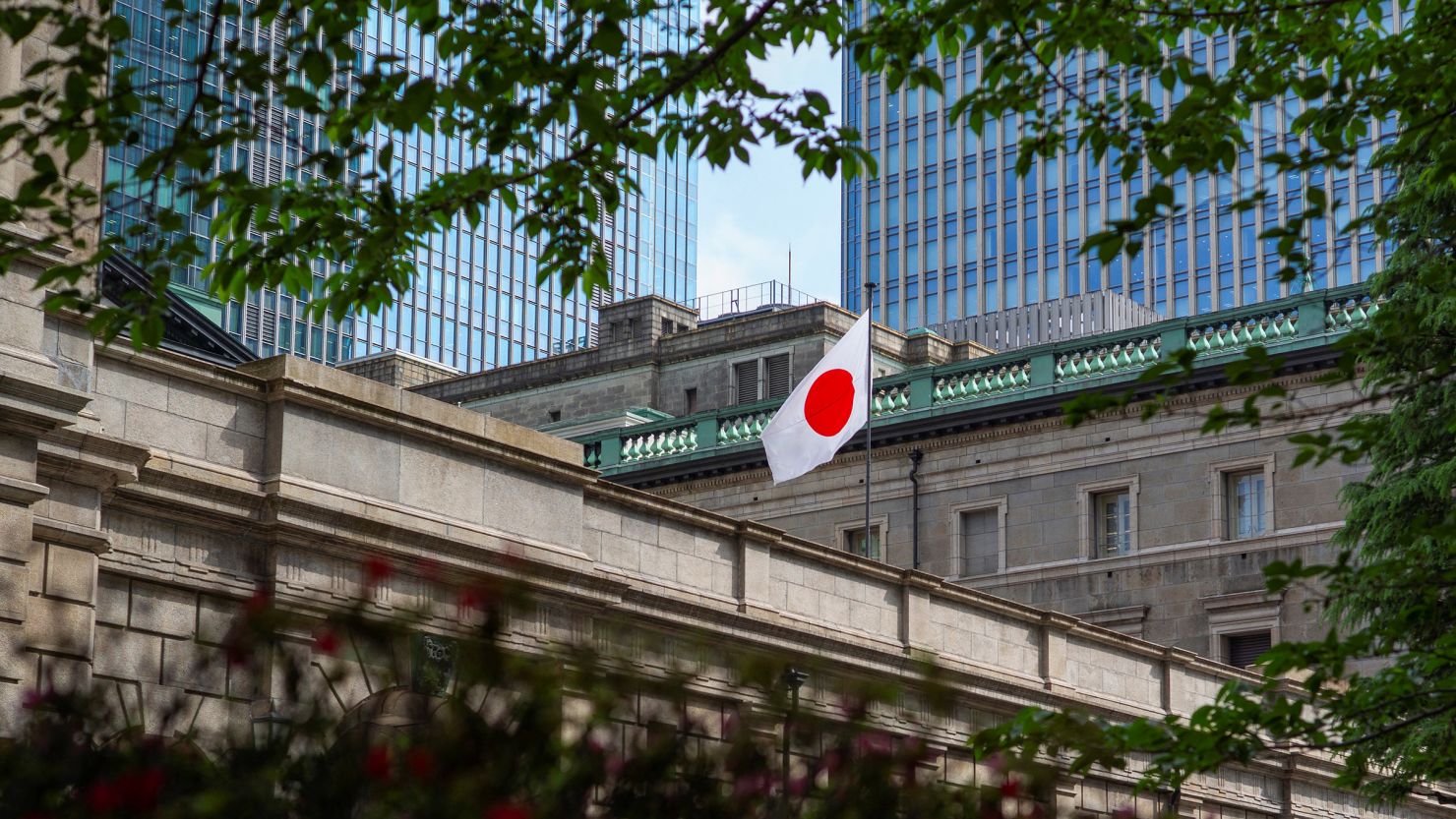Japan’s Economy Contracts in Q1, Impacted by US Factors

The Japanese economy has experienced its first contraction in a year, with preliminary data revealing a 0.7% annualized decline in gross domestic product (GDP) for the January-March quarter. This downturn, which is significantly worse than the anticipated 0.2% drop, is attributed to weak domestic demand and escalating trade tensions with the United States. Analysts warn that the situation could deteriorate further as the impact of recently imposed tariffs by the U.S. takes hold.
Economic Contraction Details
The latest figures indicate that Japan’s GDP contracted by 0.2% on a quarterly basis, which is double the expected decline of 0.1%. The contraction is primarily driven by stagnant private consumption, which constitutes over half of the nation’s economic output. Additionally, a notable decrease in exports has raised concerns about the economy’s reliance on external demand. This decline occurred even before U.S. President Donald Trump announced reciprocal tariffs on April 2, which are expected to further strain Japan’s economic landscape. Analysts, including Yoshiki Shinke from Dai-ichi Life Research Institute, emphasize that Japan’s economy is particularly vulnerable to external shocks, such as the tariffs imposed by the U.S.
Impact of Tariffs and Trade Relations
The imposition of tariffs by the U.S. has raised alarms among Japanese economists. Exports fell by 0.6%, while imports increased by 2.9%, resulting in a significant negative impact on growth. The GDP deflator, which measures price changes, rose by 3.3% year-on-year, indicating that companies are passing on rising costs to consumers. Despite some positive indicators, such as a 1.4% increase in capital spending and a slight upward revision of fourth-quarter GDP growth to 2.4%, the overall economic momentum remains weak. The automobile sector, a critical component of Japan’s exports, is facing heightened uncertainty due to ongoing trade tensions.
Government Response and Future Outlook
Japan’s economic revitalization minister, Ryosei Akazawa, has acknowledged the challenges posed by the current economic climate. He noted that while wage growth could offer some support, the risks associated with trade policies remain a significant concern. Akazawa emphasized the need to be cautious about the potential negative effects of U.S. tariffs on consumption and household sentiment. The recent contraction serves as a stark reminder of Japan’s ongoing economic struggles, with experts predicting that tariff-related challenges and weak domestic demand will continue to hinder growth in the coming quarters.
Central Bank’s Position and Economic Forecasts
The Bank of Japan (BOJ) is also facing its own set of challenges. After raising interest rates to 0.5% in January, the central bank is now under pressure to reconsider further hikes in light of the economic downturn. In early May, the BOJ revised its growth forecasts downward, citing concerns over a potential global slowdown. Economists like Takeshi Minami from Norinchukin Research Institute suggest that if the impact of U.S. tariffs is minimal, the BOJ may proceed with rate hikes later this year. However, if tariffs significantly disrupt capital spending and exports, further rate increases could be postponed. The evolving economic landscape in Japan underscores the delicate balance policymakers must navigate amid external pressures and domestic challenges.
Observer Voice is the one stop site for National, International news, Sports, Editor’s Choice, Art/culture contents, Quotes and much more. We also cover historical contents. Historical contents includes World History, Indian History, and what happened today. The website also covers Entertainment across the India and World.
Follow Us on Twitter, Instagram, Facebook, & LinkedIn

